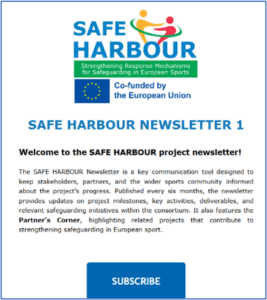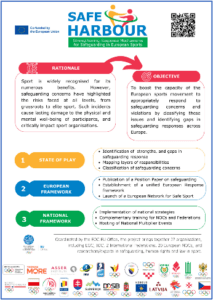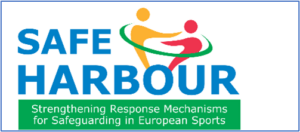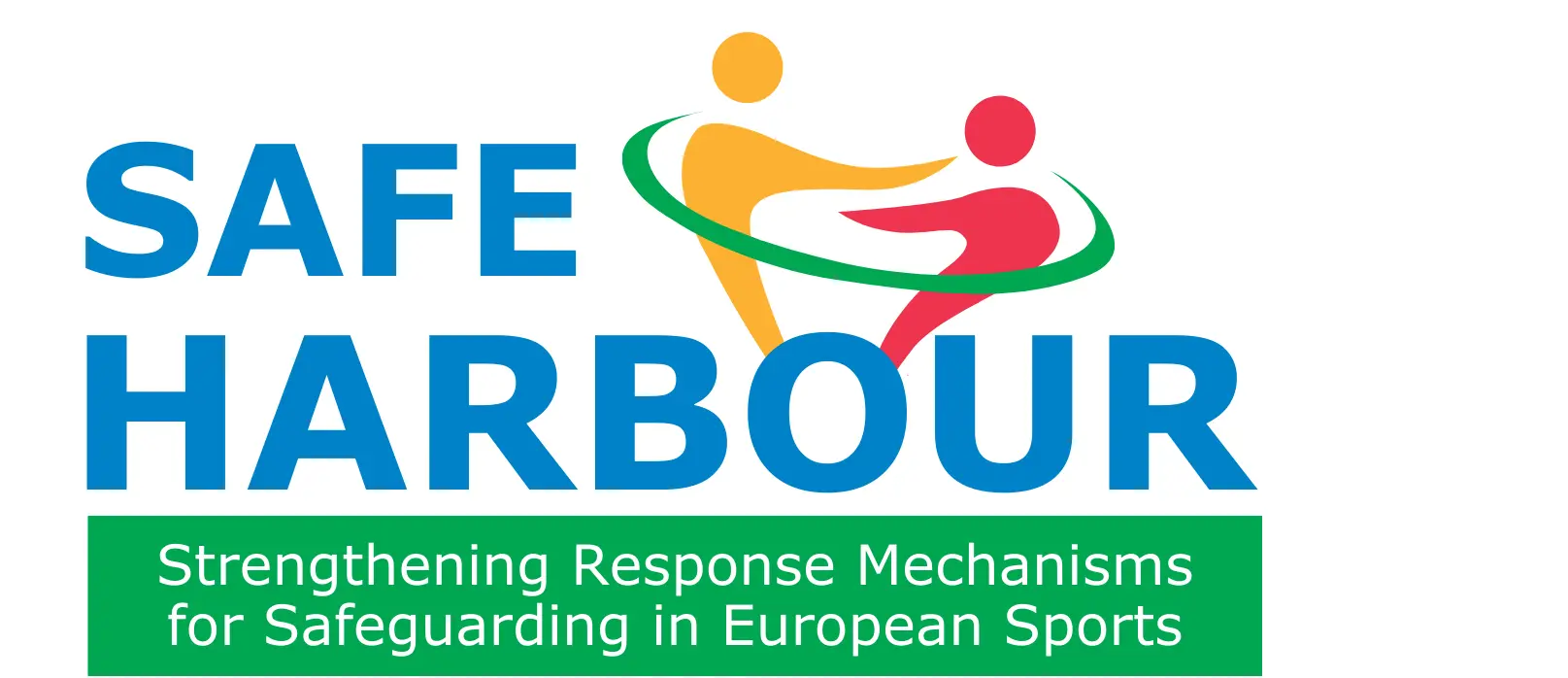Following the official launch of the project and its social media channels, as well as the successful Project Meeting 1 in January 2025, the SAFE HARBOUR consortium submitted its first deliverable, the Communication Material, in February 2025.

The Communication Material outlines a structured communication and dissemination strategy aligned with the project’s objectives, target audiences, key messages, and dissemination tools, including the website, social media, newsletters, and promotional materials. Accordingly, it serves as a strategic framework to ensure clear, continuous, and effective communication of the project’s achievements and deliverables among relevant stakeholders. Additionally, the Communication Material supports long-term sustainability and impact beyond the project’s duration while publicly recognising the European Union’s support.


Therefore, by facilitating effective outreach and stakeholder engagement, the Communication Material enhances the project's visibility and long-term impact, while also highlighting the European Union’s valued contribution to safeguarding initiatives in the Olympic Movement in Europe.
Stay tuned to find out more about the SAFE HARBOUR project via its media channels: website and LinkedIn.
Background information on the SAFE HARBOUR project.
The SAFE HARBOUR project, short for “Strengthening Response Mechanisms for Safeguarding in European Sport”, is a 30-month project co-funded by the European Union through the Erasmus+ Sport Programme 2024. Coordinated by the EOC EU Office, the consortium includes Thomas More and Asser Institute as experts on safeguarding, human rights and law, 2 International Federations (International Biathlon Union and International Ice Hockey Federations), and 20 National Olympic Committees (Belgium, Bosnia and Herzegovina, Croatia, Cyprus, Czechia, Denmark, Germany, Hungary, Kosovo, Latvia, Lithuania, Luxembourg, Malta, Montenegro, Norway, Poland, Portugal, Romania, Slovakia and Slovenia). Additionally, the International Olympic Committee (IOC) is involved as an outside resource.
The project seeks to strengthen the capacity of European NOCs and Federations to address safeguarding concerns by identifying gaps, developing a European Response framework, and fostering collaboration. This framework will be adapted to national contexts, complemented by training and awareness initiatives to enhance safeguarding measures at both national and European levels. Therefore, SAFE HARBOUR aims to equip partner NOCs and Federations with the tools and confidence to implement effective safeguarding measures while establishing a robust support network for Safeguarding Officers and laying the groundwork for a future IOC Regional Safeguarding Hub.

![]()

